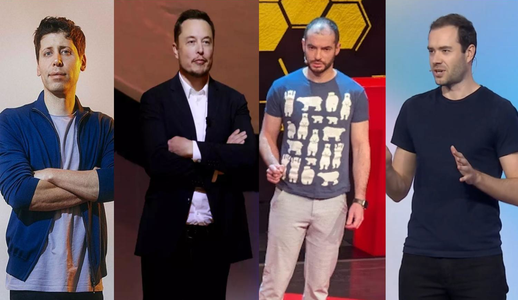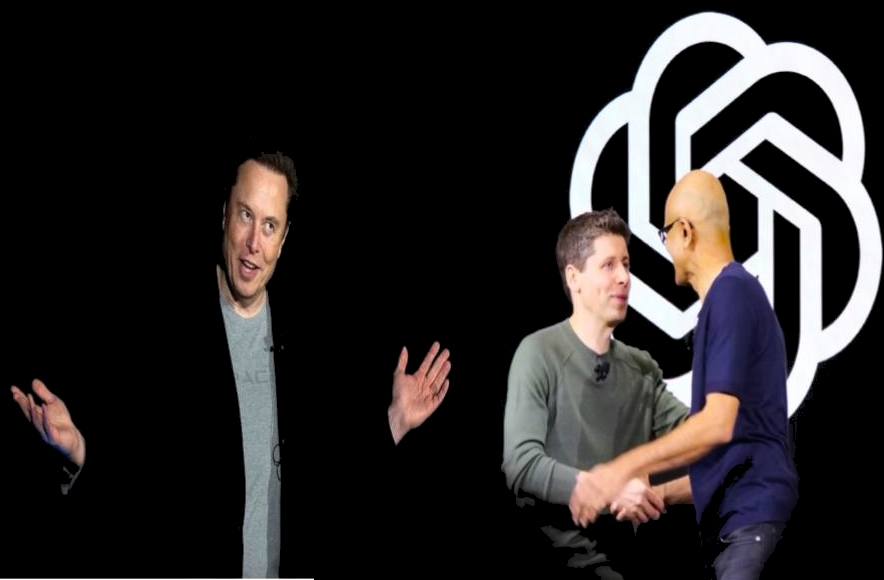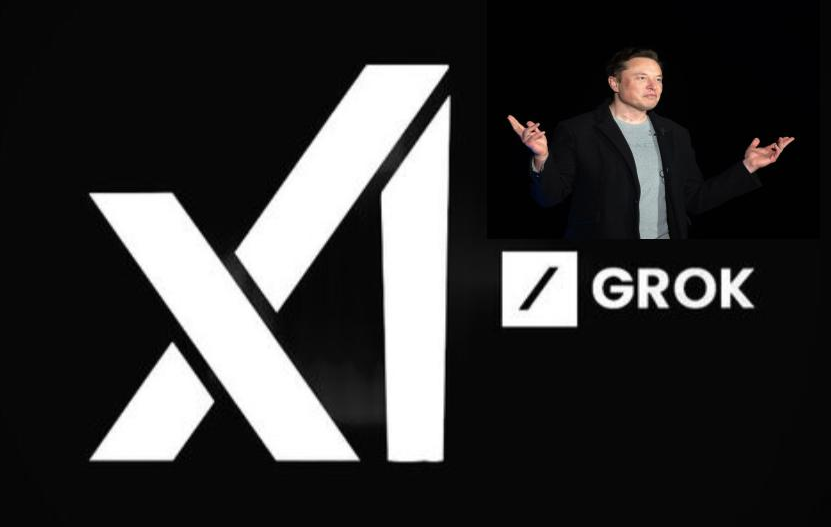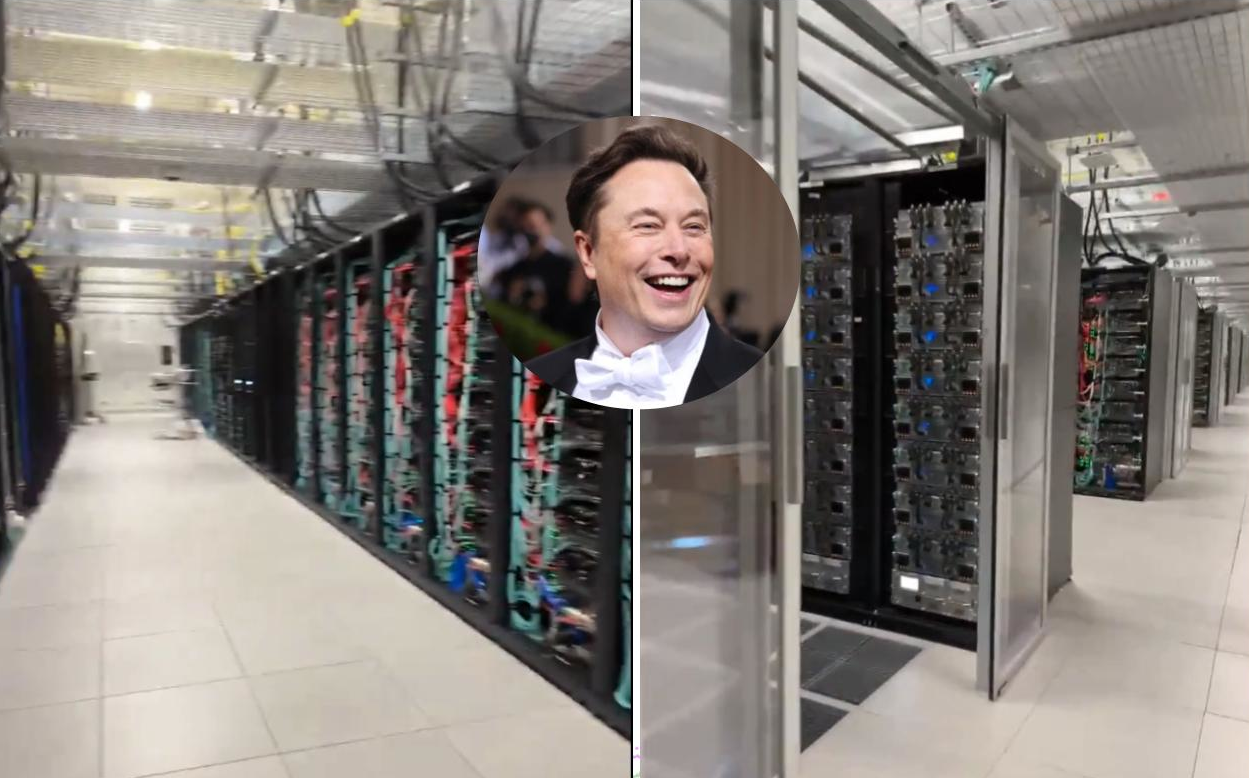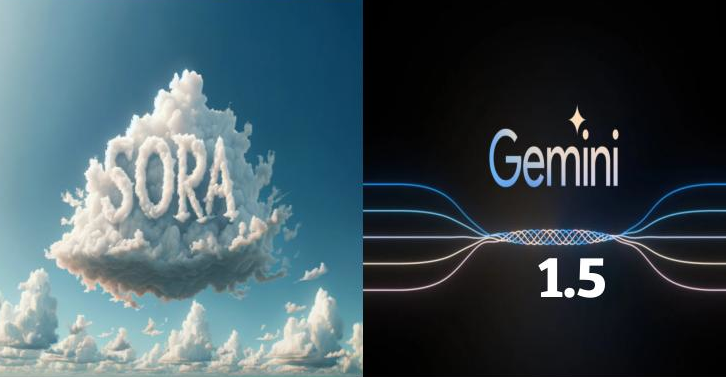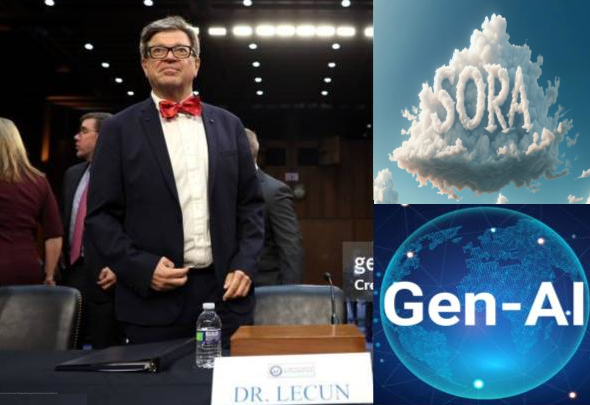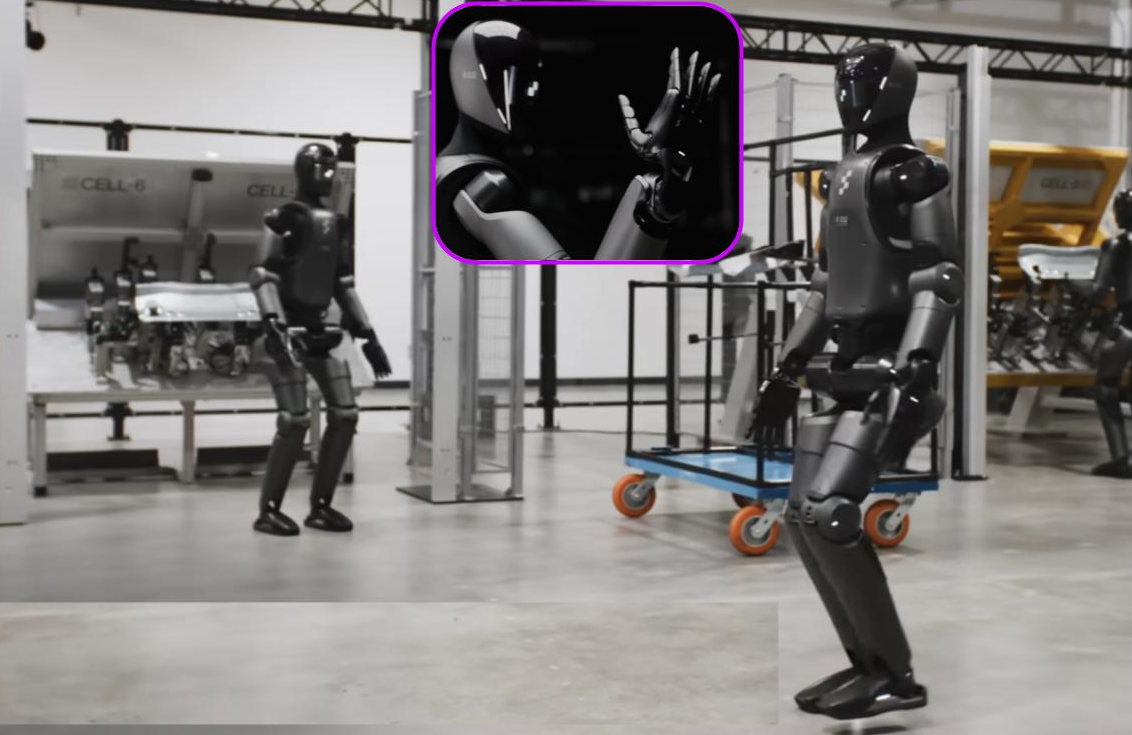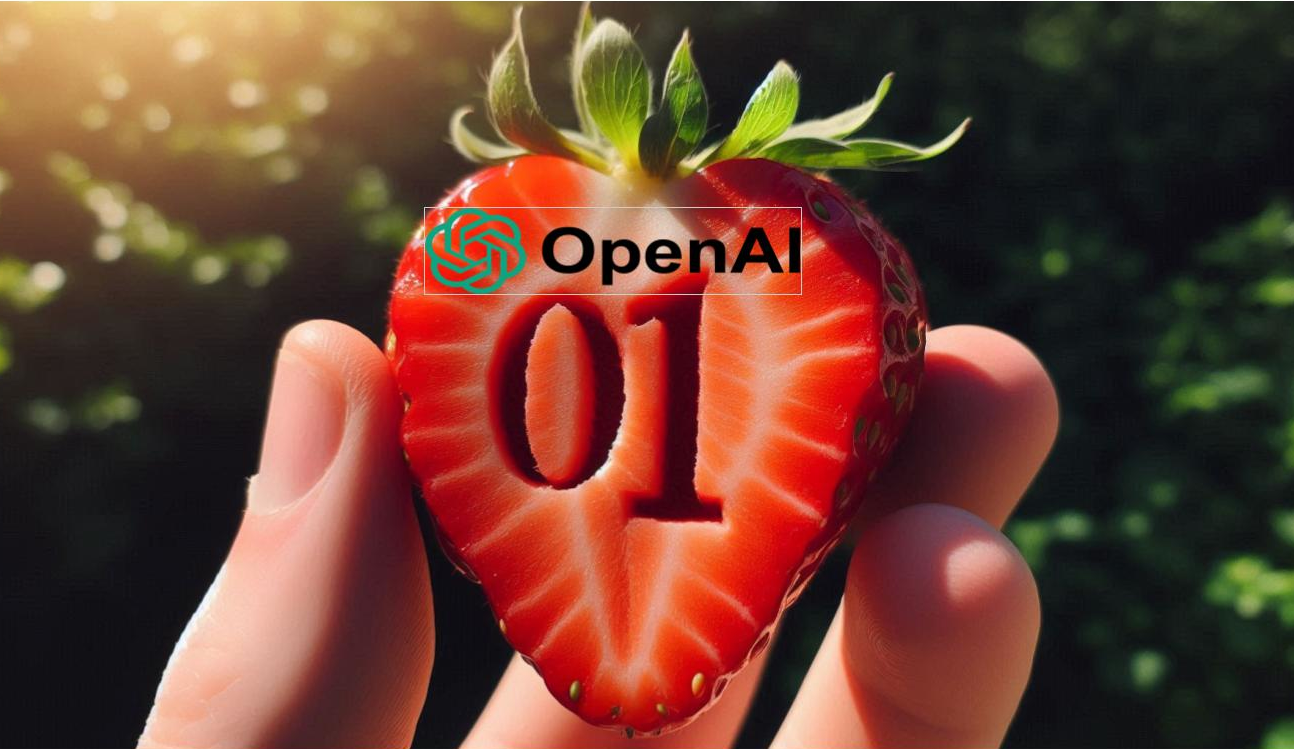OpenAI was founded in 2015 by Elon Musk as a non-profit organization dedicated to developing safe and beneficial general artificial intelligence for all of humanity. The goal was to keep AI open and accessible to everyone, preventing any single entity from gaining control and developing closed systems that operate autonomously and remain unknown to us. However, the company eventually abandoned its original mission, and so did its founders.
In 2018, Elon Musk left the board of directors, and in 2019, the company abandoned its non-profit status. Under the leadership of Sam Altman, OpenAI established a for-profit entity. Altman successfully attracted investors, starting with Microsoft, which invested approximately $13 billion and acquired a 49% stake. Sam Altman can be considered the founder of this for-profit entity, making him the first among the founders to pursue the development of closed AI for commercial purposes.
The second founder, Elon Musk, was renewed in his concerns about the possibility of someone developing AGI after the success of ChatGPT in 2022. He decided to found xAI in 2023, but this time, he didn’t attempt to make it an open and non-profit AI company. Instead, he established its mission as “understanding the true nature of the universe.” In recent months, he has raised $6 billion and has just completed the construction of Colossus, the largest supercomputer for training AI, consisting of 100,000 H100 chips from Nvidia.
The third founder, Ilya Sutskever, was the chief scientist at OpenAI. Musk convinced him to leave his job at Google and join them when they founded the company. Sutskever played a significant role in firing Sam Altman in 2023, but he quickly changed his mind, and Altman returned to his position while Sutskever resigned from the board of directors. In 2024, Sutskever left OpenAI and founded Safe Superintelligence, aiming to build “safe superintelligence” as their sole product. He also abandoned the goal of open AI for everyone and focused solely on making it safe.
The fourth founder, Andrej Karpathy, previously left OpenAI and worked as the head of artificial intelligence at Tesla. He later returned to OpenAI but left again in 2024 to found Eureka Labs, an educational platform that aims to utilize the latest generative AI technologies in education. While its primary goal is education, it will also develop powerful AI models that rival those of other companies, potentially even surpassing them in intelligence and knowledge. This is because these models will be trained to understand and explain scientific materials accurately, acquiring skills in various knowledge domains and positioning them to be leaders in understanding the real world and producing new knowledge.
It’s evident that the founders realized the impossibility of developing open and non-profit AI. Investors expect to reap profits from their investments after a certain period, and no one is willing to invest such large sums required to train AI models solely for the benefit of humanity.
Thus, the founders shifted their goals from building open AI for the benefit of all humanity to: commercial AI, as in the case of Altman; safe AI, as in the case of Sutskever; educational AI, as in the case of Karpathy; or understanding the nature of the universe, as in the case of Musk. Despite the diversity of their new goals, they all agreed to say goodbye to open AI.
